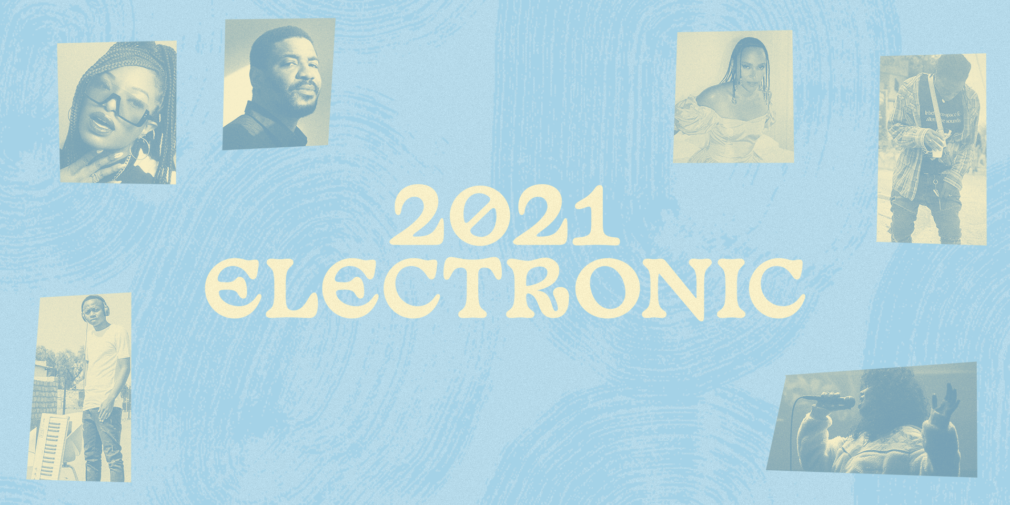
The 30 best electronic albums of 2021
Listen to 2021’s best amapiano, batida, baile funk, techno, jungle, gqom, afro-futurist and more, making the clubs bounce all across the continent.
Africa is electronic. Whether it’s the doom-step experimentations of Ugandan based Don Zilla, Sio’s polymorphic deep-house, the saturated Ikembe on Onipa’s Tales of Utopia, or the Lagos field recordings of Emeka Ogboh, there is a mind boggling buffet of technicolored inspiration from all over the continent. Native collectives like Kampala based Nyege Nyege and those in the diaspora like Montreal’s Moonshine or Paris’ 99GINGER also deserve recognition from their concise compilations that give a window into the rainbow of emerging talent. Ecstatic and meditative, terrifying and joyful, here’s our pan-African selection of 2021’s best electronic projects.
Listen to the selection on our Spotify and Deezer playlist.
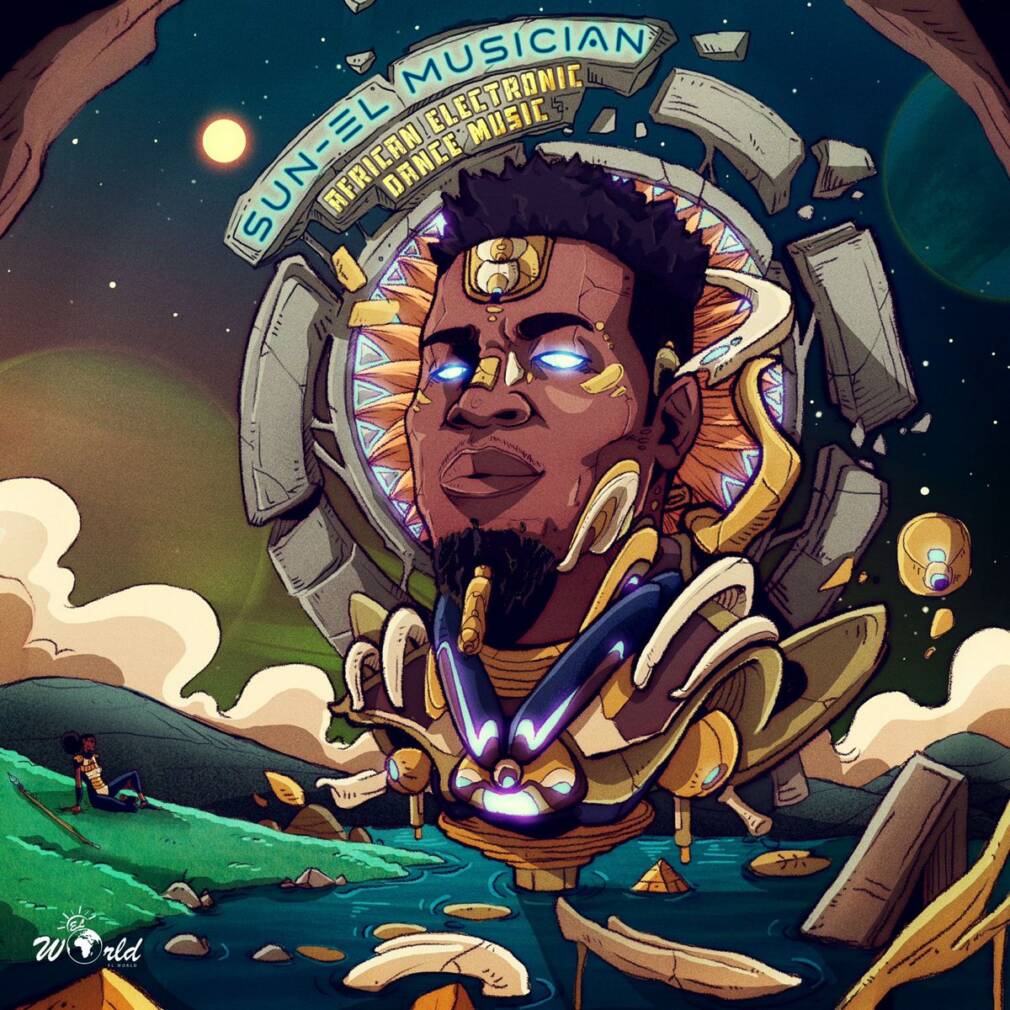
African Electronic Dance Music
Sun-El Musician
“African Electronic Dance Music” as a concept has become the subject of many conversations in the last few years, with gqom, amapiano, Afrohouse and more touching the farthest reaches of the club culture discourse, breaking away from its global “niche” characterisation for the first time. Sun-El Musician has demolished and reset boundaries with his imaginative productions, starting out as a solo act and building his own stable El World Music, under which the likes of Simmy, Msaki, Azana, Claudio and Kenza and more have found their musical feet. In June this year, the multi award-winning producer and his crew received a phenomenal 12 combined nominations across multiple categories at the South African Music Awards, after his Africa to the World and To The World and Beyond albums awakened new ways of creating in South Africa’s Afropop-soul producers. AEDM however, expands on the sound they collectively crafted, and wrestles away the idea that electronic music belongs in the west, with time signatures, timbres and technical gifts all anew and entirely Afro-centric. Perfectly sandwiched between the experimental, spell-binding nature of “Portia’s Chant” and his latest dancefloor staple, “I.C.U.”, the Thackzin co-produced “Spiritual Bomb” combines the orga- and mecha- with natural sounds of the night juxtaposed with chord progressions that aim for dawn, while Eswatini-hailing Bholoja ignites entirely new musical images for Sun-El on “Esibayeni” and “Amateki”. Friends and collaborators Msaki and Ami Faku grace “Best Friend” and “I Like It Anyway” respectively for feelings of familiarity and nostalgia that would make enablers of the sound’s integrity such as DJ Kent proud. With AEDM the possibilities from here are endless, and it would be a gift to see Sun-El usher us into a future that can fully explore Africa’s electronic landscapes on a global scale. —Shiba Melissa Mazaza

Afro Jazz Giants, Vol. 1: Ratau
Spoek Mathambo
Spoek Mathambo came out with some of his best work in 2021, which is saying a lot. Afro Jazz Giants, Vol. 1: Ratau is a mouthful to say and an earful to listen to. As always, the South African producer with a hip-hop inbend is full of soul. It’s rich and textured, and can often feel like you accidentally left two radios on at the same time and found a magical combination of music. Although his voice feels far away when he raps on top of the deliberately messy productions, there’s a sentimentality to it, giving you the impression that there’s a classic spinning somewhere in the background. “Hawk’s in Flight” and “Estrella Perdida” are high points. “Estrella Perdida” is echoed out to perfection, letting listeners swim in the sci-fi melody. “Hawk’s in Flight” meanwhile is what hip-hop could’ve been if the Bronx got their hands on Ableton in the 90s. “Vol. 1” gives the obvious impression there will be more, but this one will be hard to top. —Christian Askin
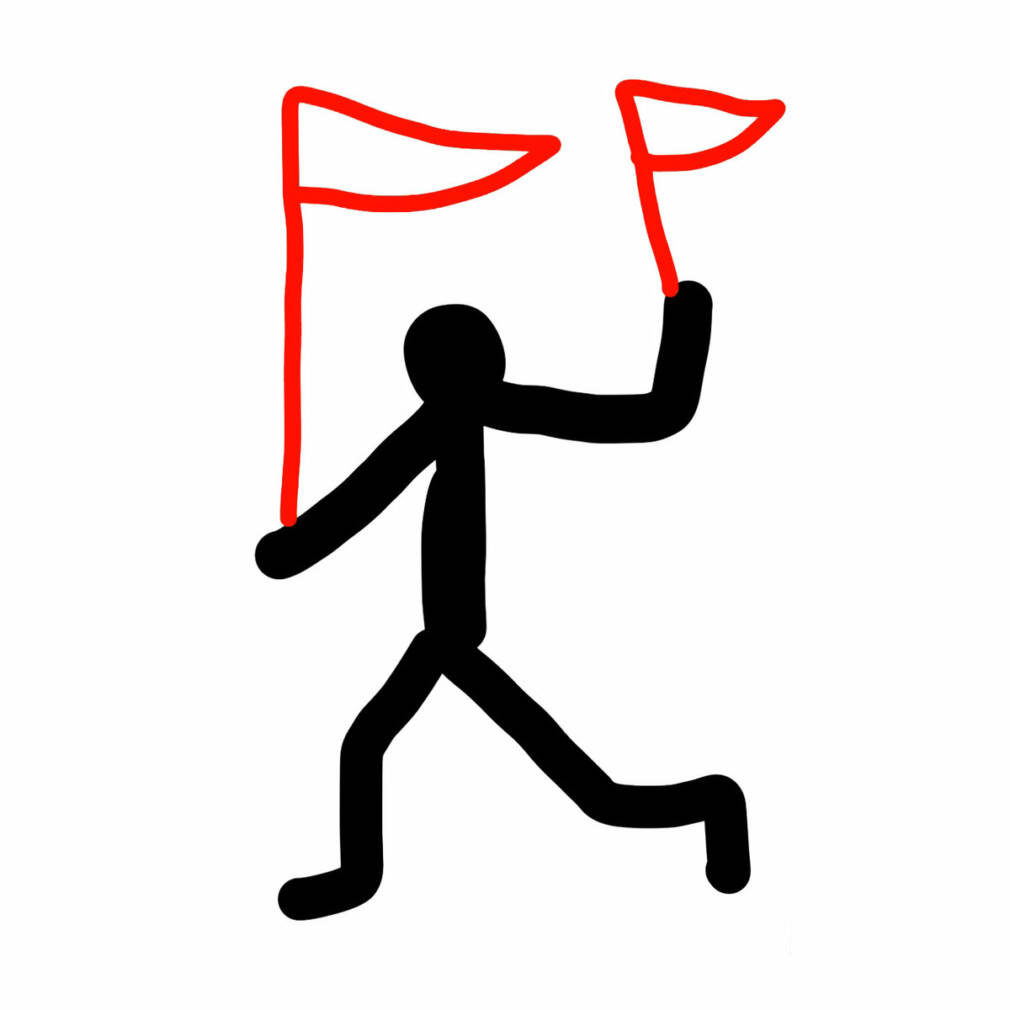
Angústia Nos Corações Da Tia
Tia Maria Produções
In 2021, the lusophone collective dropped their Angústia Nos Corações Da Tia EP, produced out of frustration following a cancelled show. Spanning over four boiling tracks, all blending batida, carioca funk and kuduro influences, the project is firm and forward, beaming and sharing an admirable regenerative strength that friendship and imagination never fail to deliver. Made over the course of 48 hours – the time it would’ve taken to play the concert, travel included – the EP is a strong testament to the creative spirit that the collective possesses, and the conviction to making sound, no matter the circumstances. “Ele é bom” takes the *boom* *clap* *clap* of Brazilian baile to new heights, peppered with a echoey tom and a twangy synth, capturing the DIY minimalism that give the raw productions so much taste (just look at that cover by Márcio Matos). “Favela Maluca” teases something wholesome, but Tia Maria is too heavy to let that sit for long. Like in “Bend Down” when the big room bass drops. There’s no room for sentimentality, only rhythm. —Christian Askin
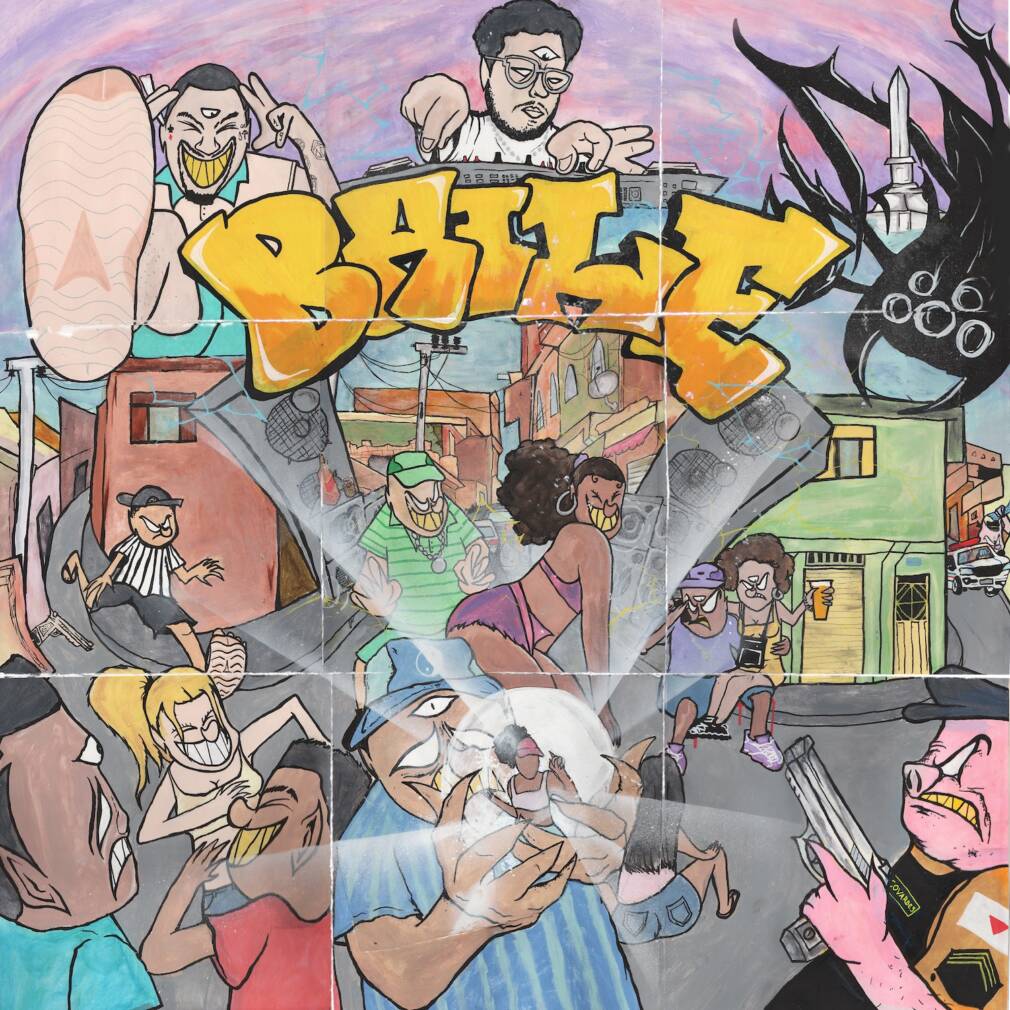
BAILE
FBC, VHOOR
On BAILE, Belo Horizonte natives tap into the region’s deep ties with funk, hip hop, and Miami bass, and the sound of the Brazilian favelas for a 10 track baile funk dance party. Belo Horizonte is known for producing Brazilian musical heroes including Baroque singer and Grammy winner Milton Nascimento who, like FBC and VHOOR, build upon the American references to soul, funk, jazz and more to blend it with a native sound for something surprising and new. BAILE is retracing another set of roots: Miami Bass, a hip hop subgenre popularised in the 1980s using Roland TR-808s, heavy bass, and sexually explicit lyrics for the Miami club culture. FBC & VHOOR explore the branches of these musical trees for an album that hosts Brazilian up-and-comers like UANA, Mac Júlia, Mariana Cavenellas, and more. Standout tracks are the opener “Vem pro Baile”, an electro club banger with MPB touches, and “Se Tá Solteira”, which sounds like a hip hop track from 90s Spanish Harlem. It’s a fine exploration of baile and bass history while offering a new look into where it could go when mashed finely together. — Christian Askin
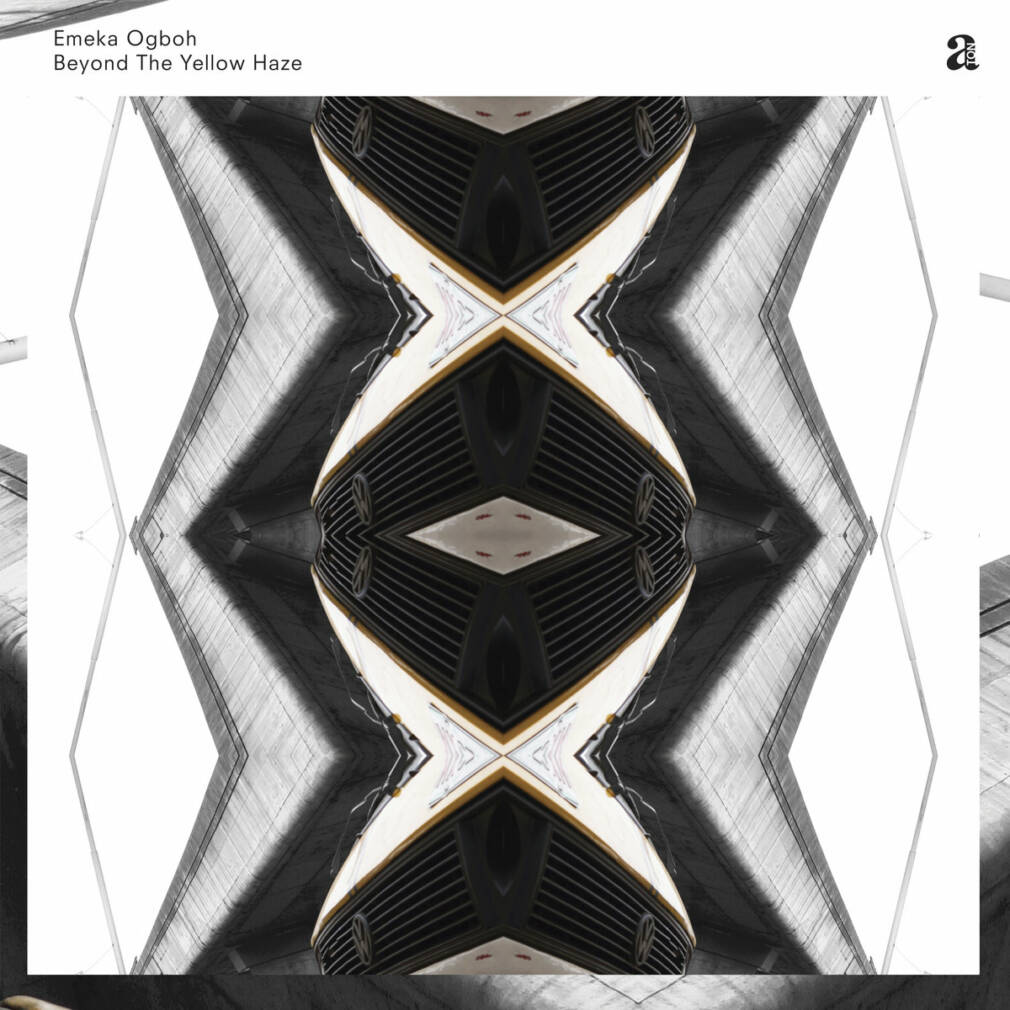
Beyond The Yellow Haze
Emeka Ogboh
Emeka Ogboh is a Nigerian sound and installation artist. Currently based in Berlin, the man never lost his love for the Lagos lifestyle, full of excitement, activity and creativity. Beyond The Yellow Haze, combining subtle layers of ambient electronics, dance music and field recordings from the artist’s favourite city, is an attempt to reflect the Nigerian capital soundscapes electronically, without delving in the obvious Afrobeats sounds. On the project, Ogboh’s compositions present us a veritable orchestra of honking, motors, sound systems, sidewalk sales pitches and various sonic artefacts of Lagos’s traffic hubs and busy streets. The producer even dedicates the entire 11 minutes of “Danfo Mellow” to the notorious yellow Danfo buses, known to be part of the city’s folklore. The recordings were originally included as part of Ogboh’s 2018 exhibition No Condition Is Permanent at Galerie Imane Farès and self-released as a stamped and signed artist edition. —Nils Bourdin
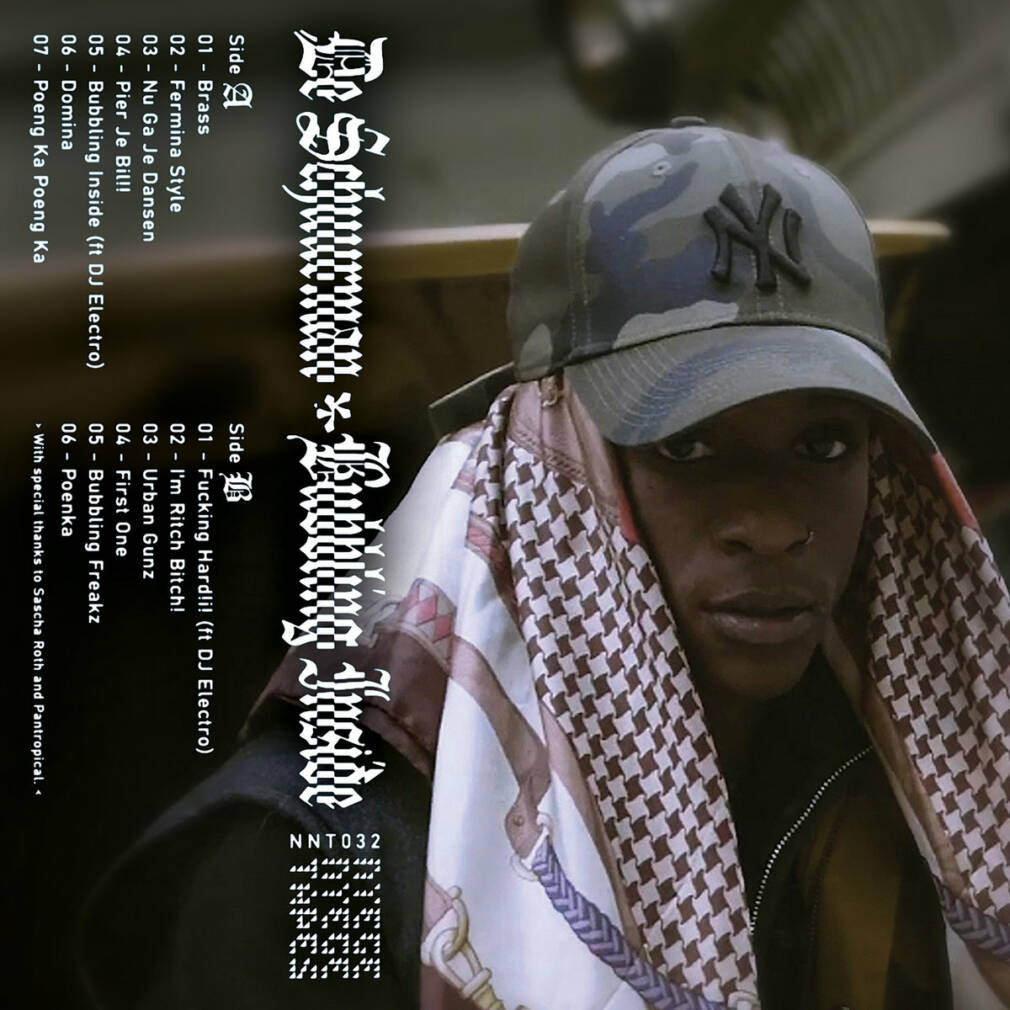
Bubbling Inside
De Schuurman
De Schuurman is a talent you have to see to believe. PAM caught up with him after his Nyege Nyege appearance in Utrecht, Netherlands for Le Guess Who? festival shocked to realize he spent the hour mixing original productions that lit the club on fire. When he mentioned it, it was off-hand and throwaway. But that’s not common. Especially considering that the “Bubbly” music that De Schuurman has coined and which appears on the 13 track debut Bubbling Inside is totally unique. It’s a blend of hard-style techno and nerve racking synth. There’s friendly steel drums like on “Pier Je Bil!!” but that is quickly undermined by the rapidfire kick and snare pushing the BPM a standard deviation above average club music. Same goes for “Domina”’s G-Funk bass or the Eurodance synth on “I’m Ritch Bitch!” with the hilarious Dave Chappelle does Rick James sample. While these dance upon the surface, the real bubbles are coming from a relentless and aggressive encounter with fast percussions and metallic slicing synths. If you wanna lose your mind, check out “Poeng Ka Poeng Ka” if you want the full dose of bubbles, put on “Na Ga Je Dansen”. De Schuurman is a talented producer, a furious DJ, and an artist we’ll be watching for more bubbly energy. — Christian Askin

Crazy Times
Vanyfox
The madness of the past few years has not prevented batida’s new prodigy from being inspired – on the contrary, it has been cathartic. On Crazy Times, the Luso-Angolan producer based between France and Portugal transforms his frustrations into highly percussive beats, while keeping his singular sense of groove. In the space of 15 minutes and five addictive tracks determined to take over our playlists, Vanyfox brings new melodic nuances to the style “do guetto”, born in the suburbs of Lisbon. A true outlet for its author, this EP released via Boukan Records proves wrong to those who still doubted the future of batida, while its exposure on a larger scale will be well and truly associated with the name of the young producer. —Simon Da Silva

DOXA
ANTI-MASS
It’s hard to communicate the kinetic power of a project like DOXA in a write-up. The collective’s self described “selection of mutant tracks” are not easy-listening muzak. Nor are they an exercise in excess as much as they are “alien and disorienting”. Each ripcord of a track is at once steeped in heritage and aggressively new. “The opening track / video ‘Galiba’ takes its inspiration from ‘Kadodi’, the male circumcision ritual from Eastern Uganda, and ‘Baksimba’, a royal dance from the Buganda region, and reconstructs them through a decidedly perverse lens.” Finding the joy in this process you need to know where the collective is coming from; in one of the most exciting underground electronic music scenes in the world, blossoming in Kampala, with a mutual respect for experimentation and a safe-space for all ways of life often stymied in East African conservative culture. Seeing the 2/3 of the collective live on multiple occasions blew open the doors of perception here. ANTI-MASS is a swath of gesticulating bodies, an evaporation of procenceptions (musically and socially) and a few very talented producers and DJs building a new standard with industrial vigor. DOXA is the type of project that gives you a window into peak experience, the return the simulacrum of sacrifice that music was meant to be. —Christian Askin
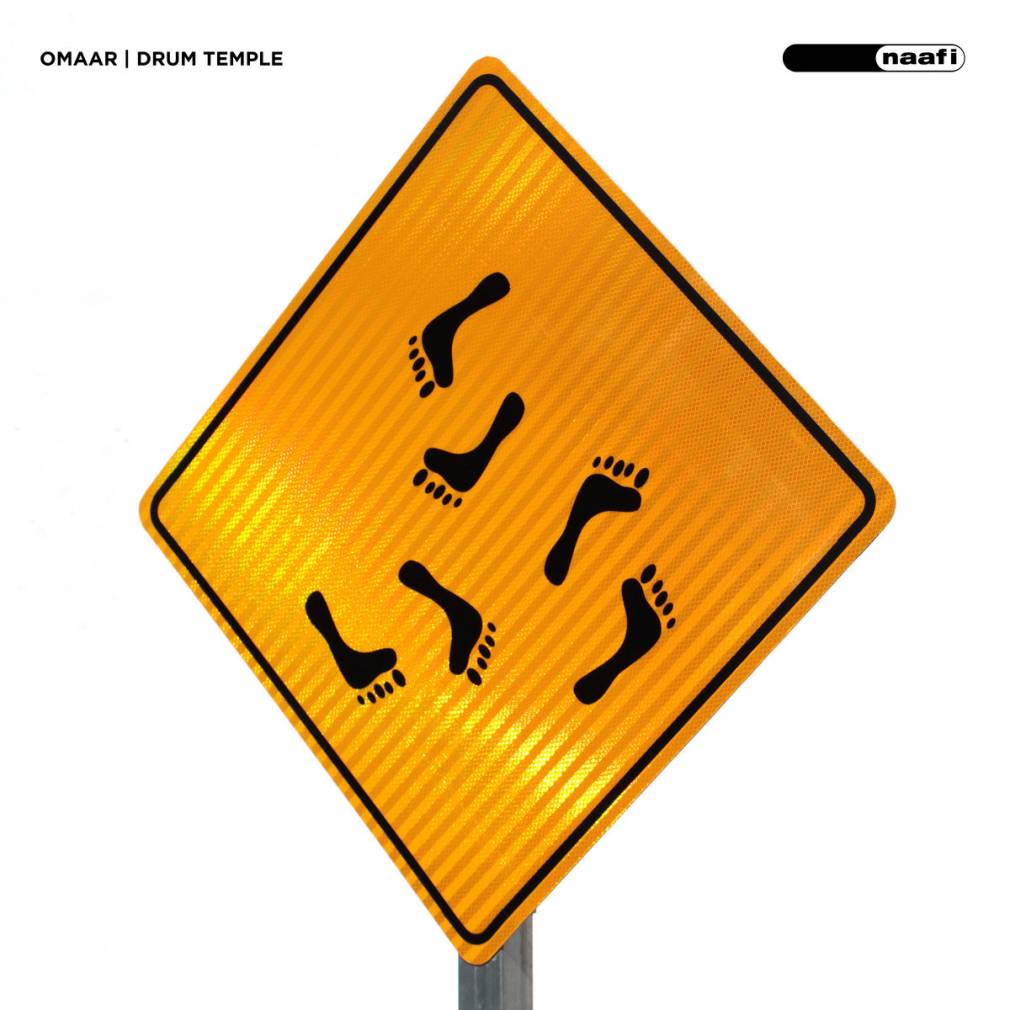
Drum Temple
OMAAR
The aptly named Drum Temple, Mexican producer Omaar’s new album, was released this year on NAAFI, a Mexico City-based label where jungle, techno, Mexican hip-hop and South-African sounds meet reggaeton, cumbia and other traditional Latin music. With four releases to his credit, Omaar is one of the structure’s pillars. Born Omar Suárez, the producer was introduced to electronic music at a young age with the obsessive sounds of London’s ghettos, starting his career in 2012 by mixing his drum’n bass, grime and UK garage influences with club or traditional sounds of Latin America and Africa. On the seven percussive and introspective tracks of Drum Temple, he tries to express his dreams and experiences. The project builds its own vision and interpretation of deep house, dembow, techno or even gqom styles, like the track “Ritmo”, a tribal and singular revisiting of the South African genre. —Nils Bourdin

Ekizikiza Mubwengula
Don Zilla
Kisakye Kingsamuel Donzilla, better known as Don Zilla, has released his second album on Hakuna Kulala under the Nyege Nyege collective’s umbrella. He continues to surprise us, as he says himself: “In my country, people tell me that I make alien music. I don’t blame them, it makes me laugh.” Here, he explores a futuristic atmosphere mixing doom-step, uptempo, trap and a myriad of cacophonies. On this audacious project, Don Zilla illustrates the vivacity of the electronic club scene in East Africa. Exploring a whole futuristic soundscape, Don Zilla mixes doom-step, uptempo, trap and varied cacophonies. The “Bujingo” video is a collaboration with the No Bounds festival last year. A track that plunges us into a particularly innovative atmosphere, at once sinister and industrial. —PAM

Features
Sio
Sio “considers herself a musical snob” and that much is evident with the album title. Actually, it’s a play on the word. Sio, normally a singer “featured” on different productions, is now the featurerer, bringing in all those producers, singers, and songwriters into her universe. Though, even if she might think she’s snobbish, I think she’s brilliant. Features is a totally unique poly-project that brings in as much poetry as it does deep house. “Lucid Lunacy” a spoken word intro sets the tone for a project that won’t settle, “undecided forms tracking lightning storms across dreamscapes,” she continues later on, “but when our eyes touch, all the doubt goes out the window”. That’s pretty much how I feel about this album and the “eyes touched” as soon as “Reverse Flight” feat. Dunn a 7 minute meditative banger that you don’t want to end. FKA Twigs influence is felt but not overshadowing, the common thread a fearless creativity. Whether it’s looking into the face of racism on “Racist Child” or feminism on “Sex Pot” the message never subverts the sound, making the rare jam that can be woke and groovy all at once. —Christian Askin

Frame of a Fauna
Ouri
Ourielle Auvé, known professionally as Ouri, grew up in France and moved to Montreal at the age of 16 to pursue a degree in composition. It was here that she felt her artistry and vision blossom as she established herself in the city’s music community as a producer, instrumentalist and vocalist in the local underground rave culture. Following a collaboration-filled 2019 that saw her travel the world, the latest project she developed was a duet EP alongside Helena Deland under the mysterious moniker Hildegard, released last June. This year saw the musician unveil her enigmatic solo debut, Frame of a Fauna. “Mixing classical, field recordings, electronic and future trip-hop, this album provides a soundtrack to reflect your own shapes and space in this lifetime,” Ouri had explained. Indeed, without much lyrical presence, the project imposes a very intimate atmosphere, the sounds often dark, cinematic yet revealing a certain tenderness. The visuals for “Chains”, unveiled as a single, effectively set the mood for the album, featuring Ouri in a dark studio programming the body of a human dancer on her computer screen. —Nils Bourdin

Ha-bb5
Ikram Bouloum
Ikram Bouloum, a musician and singer of Moroccan origin, owes a lot to the city of Barcelona: “I arrived here about ten years ago“, she told us. “I was seventeen years old, I had just arrived from my Catalan province… Initially, I came to Barcelona to study humanities. But I quickly turned away from that and became interested in photography. Deejayjing came into my life four, five years ago. From that moment on, things went very fast. I was playing every weekend, in every venue and event possible. It was very exciting to be part of this new Barcelona clubbing scene of the 2010s”. This year, the DJ and producer unveiled Ha-bb5, her first 5-track, heralding a series of EPs. After a few years in the Barcelona collective Jokkoo, the project serves as her calling card, mixing her Amazigh vocals with a complex, saturated and rich rhythmic production. Special mention to “Nhara”, which strikes the perfect balance between a nervous electronic composition and Ikram’s haunting voice. —PAM

Heartbeats
UNIIQU3
Following her last project Club Queens released in 2018, the self-proclaimed “Queen of Jersey Club” returns with a set of wickedly effective club bangers. The project represents both a new creative phase for UNIIQU3 and her most ambitious and personal project to date. He tackles themes of “self-love, heartbreak, intimacy and lust” through six narrative tracks that showcase her most accomplished production, vocals and rap. While not the longest album of her career, in terms of breadth, detail, depth and honesty, Heartbeats represents a real turning point for her. The producer is joined here by American underground alternative artists such as R3LL, Sjayy, DJ K-Deucez and Dai Burger. “I made this for hopeless romantics, girls who fall in love at the club, this is for you!“, UNIIQU3 explained on her social networks. “This conceptual project is a Jersey Club love story“. —Nils Bourdin

KIKOMMANDO
STILL
The KIKOMMANDO project started out at a residency in the Nyege Nyege’s villa in 2018, when producer and artist Simone Trabucchi aka STILL opened the door to his temporary studio to eigh Kampala-based artists. Fusing sounds from trap, drill, cut ups, kuduro, electro and RnB, these cross-continental collaborations allowed STILL to further explore his “digital dancehall” style on twelve particularly experimental tracks. Alternating between ethereal and dreamy synthesizer layers (“Ntwala”, “Ahlam Wa Ish السماء هي الحد”) and overexcited rap or ragga influenced tunes (“Tukoona Nalo”, “Rollacosta”), the EP successfully escapes branded and stereotypical musical identities, to create something entirely new. Overall, KIKOMMANDO echoes well the Ugandan street food of flat bread and beans for which it is named, a food of soldiers offering maximum energy, strong spices and tasteful flavours. —Nils Bourdin

Lycoxera
DJ Lycox
Another major figure of the new batida scene, DJ Lycox is back at it following last year’s tender Kyzas do Ly. Exit the lascivious kizombas and sensual tarraxos, the native of Almada, a suburb of the Portuguese capital, raises the tone and the bpms on Lycoxera. From the thundering opening “Eu Mbora Dou Bué Show”, the Príncipe label and Tia Maria Produções producer announces the vibe with this pure ego trip, asserting his higher level with a destroying instrumental. Extremely intense rhythmically despite its short duration, Lycoxera is a concentrate of darkness cut for the clubs, leaving little room to breathe to the listener. Dive into the roaring “Southside”, or “Wildin” with its groove as hypnotic as diabolic, and you will have the confirmation that DJ Lycox is in full possession of his means. With these seven new tracks, the discreet Luso-Angolan producer offers a nervous condensation of his very best, while we wait for the next volume. —Simon Da Silva
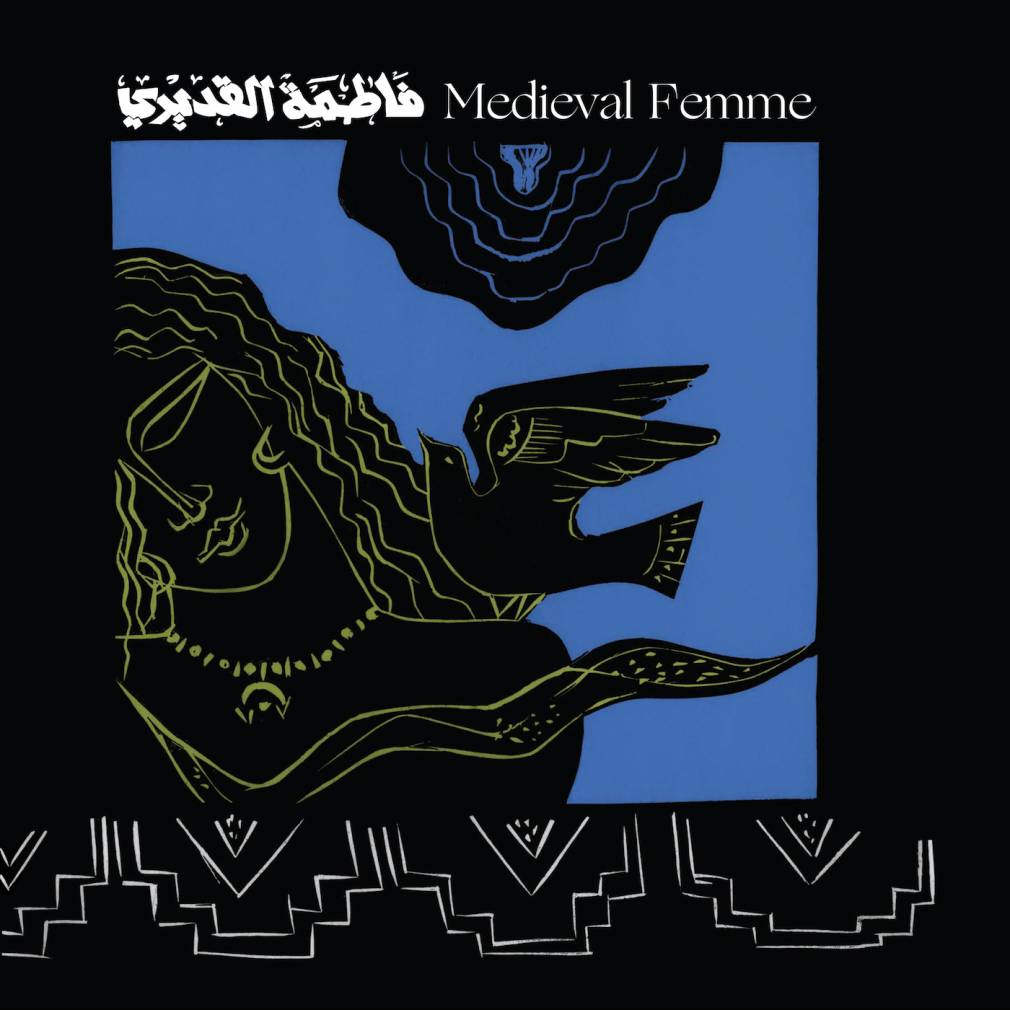
Medieval Femme
Fatima Al Qadiri
Born in Dakar, Kuwaiti producer Fatima Al Qadiri inspires herself from her path of immigration from West Africa to the Arab world to offer us her deeply cinematographic and ambient music on Medieval Femme, released via Hyperdub. Her previous work on the soundtrack of the movie Atlantique by Mati Diop shows, as the different tracks of the album all plunge us into vivid, graphic and powerful atmospheres imposed by minimalistic yet strong arrangements. The emotions transmitted are strengthened by the spirits of Al-Khansa and other classical Arab female poets from which Fatima inspired herself, making for a “fantastic album of crazy romantic arabesques” transporting us to an Islamic garden in which the present seems totally dissolved, leaving room for letting go. Poetry and music intertwine constantly, as the album’s theme explores the state of melancholic longing exemplified in writings from the medieval period. The composer uses the lute, an omnipresent instrument during these ancient times and places it in a futuristic setting, with vocals that lull us like a mantra. —Nils Bourdin
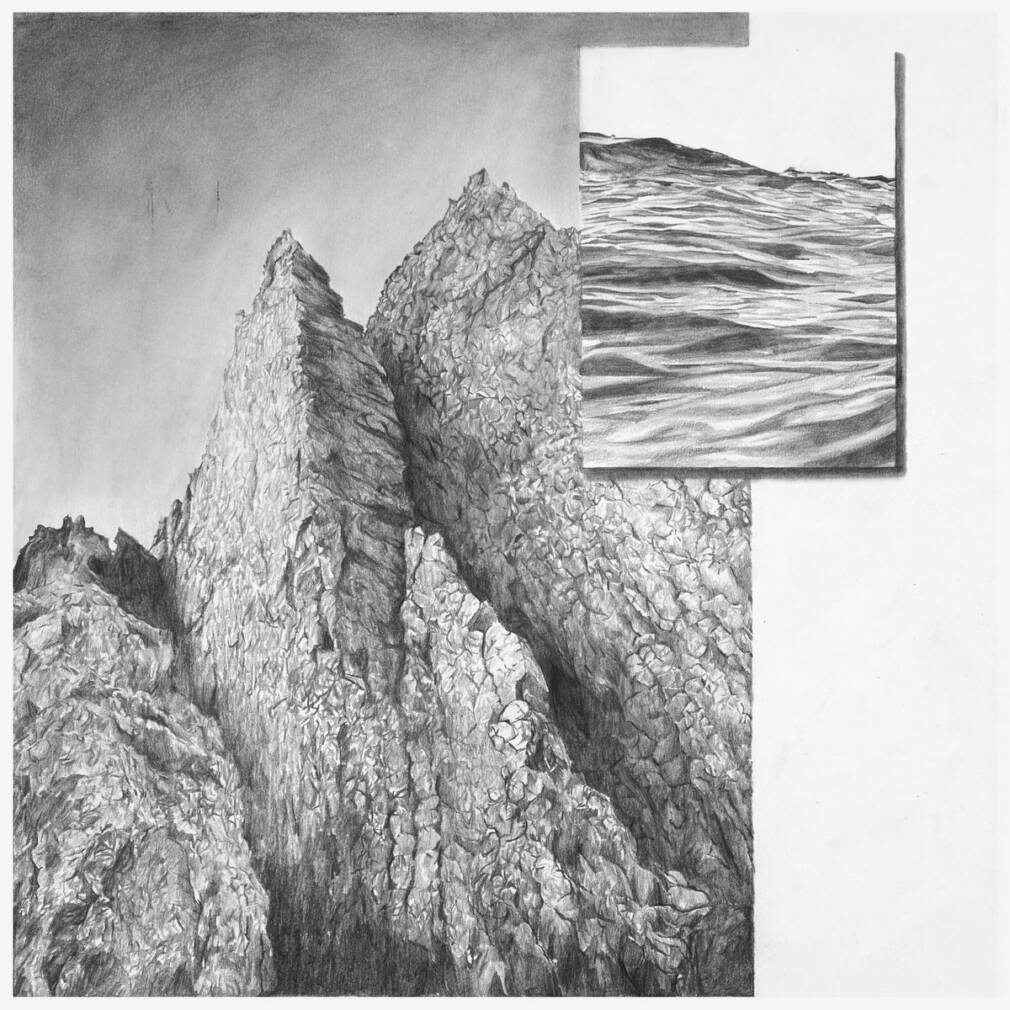
MELT
Slikback
Based in Kampala, Uganda, Slikback is one of the co-founders of Hakuna Kulala, Nyege Nyege Tapes’ sister label, in collaboration with artists Don Zilla and Rey Sapienz. The joyful collective has made a name for itself on the electronic scene with intense, dark and deeply experimental productions, pushing the boundaries of East African and global electronic music. MELT, Slikback’s latest body of work, is no exception to this movement. The project sounds like a cry from the darkest depths of the producer’s imagination and inspiration. Composed alongside names such as Objekt, Ziúr, KMRU, Tzusing, Khorne or Brodinski, the 16 tracks hardly deliver any melodies, and are instead filled with shrill noises, saturated decibels, frantic drums and synthesizers probably created in hell. Once again in 2021, the Nyege Nyege and Hakuna Kulala teams have amply proved that the future of electronic music lies in East Africa. —Nils Bourdin
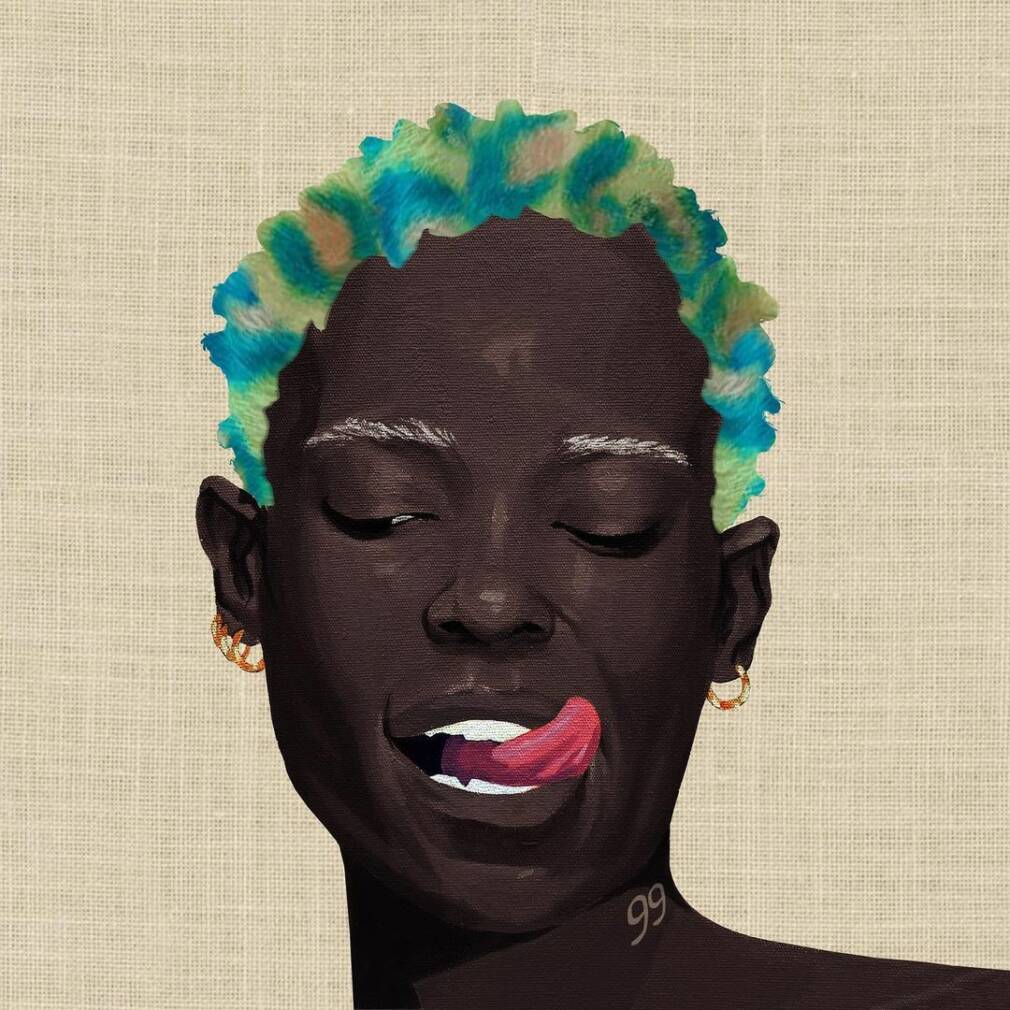
Müguu
99GINGER
To celebrate its third year of existence, Parisian collective 99GINGER, adept at musical and cultural crossovers of all kinds, has shown some flair. On Müguu, an international compilation of nine tracks as varied as the origins of its guests, the wizards of Lisbon’s batida Vanyfox, Danifox, and Bandicut cross paths with the twilight Afrobeats of Montreal’s Marvin Caleb and NoKliché, not to mention the addictive and militant amapiano of DJ Kwamzy, MOJVKI and KNVL. Just like their eclectic parties that energize the Parisian Afro-diasporic scene, the collective has put together a collection of sunny tracks and put promising artists on our radar to watch closely. Despite its discreet release last spring, Müguu is certainly one of the most exciting underground discoveries of the year. —Simon Da Silva
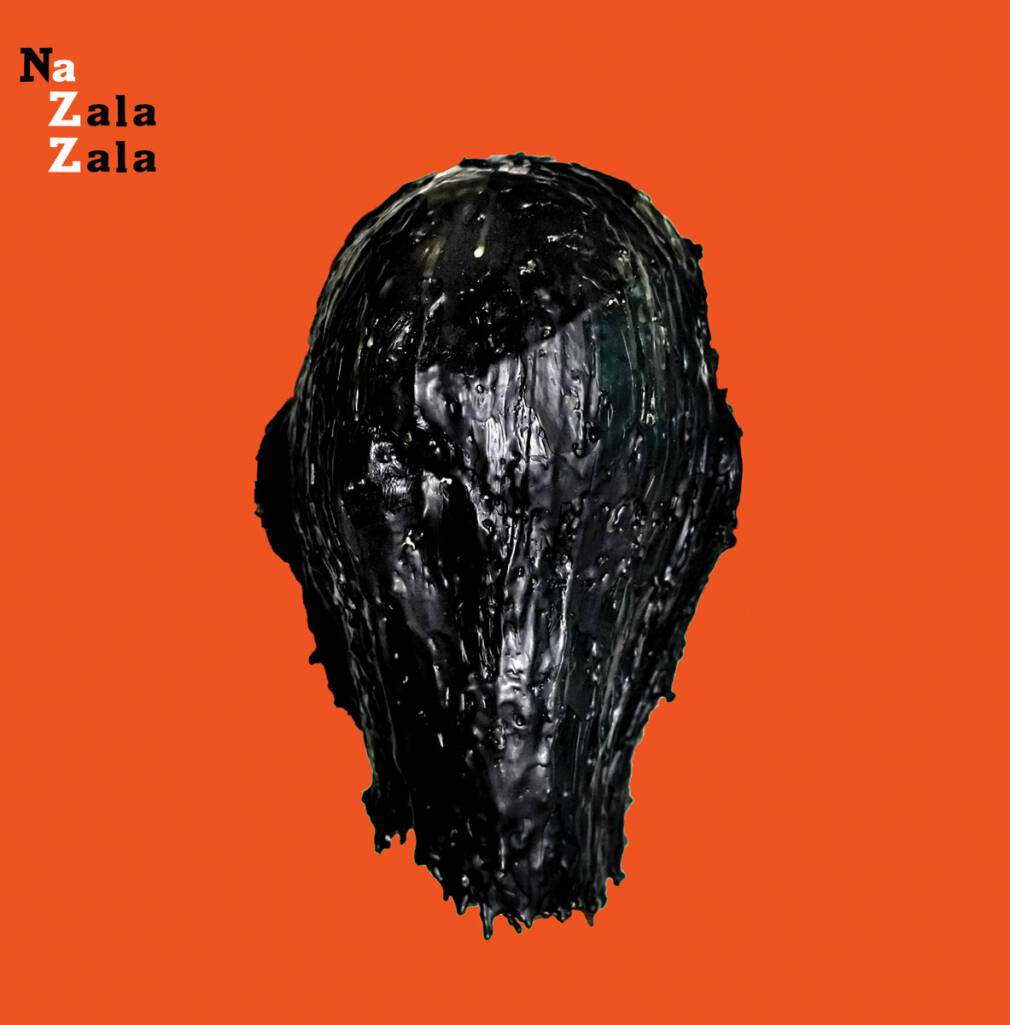
Na Zala Zala
Rey Sapienz & The Congo Techno Ensemble
Rey Sapienz is a shadow king. A co-founder of Hakuna Kulala records, the hyper-experimental sub-label of Nyege Nyege Tapes, and a resident producer for the aforementioned collective sending Africa’s emergent alternative talent across the world to blow minds and redefine musical orders. All of this is manifest in Na Zala Zala, a truly original “Congo Techno” as Rey describes it. It’s a slow burn that demands patience, an open mind, and a tolerance for the darkside of music. For listeners ready to endure the menacing sounds of sharpening knives, smashing rocks, and other terrifying household samples, you’ll find a psychedelic world of Congolese-Ugandan music reimagined with the power of a DAW. Rey told me in Rennes, France, that he was able to transpose the sounds in his head after spending two sleepless weeks with an Ableton manual. “Hakuna Kulala” fittingly means, or so Rey says, “no sleep”. And so “Esala Rien” and “Sontage” feel like an insomniac’s super-trip, and “Posa Na Bika” is passing through the psychotic membrane into a cycle of never ending production sessions. Of course, there are club bangers ready for action. “Zuwa Ba Risk” is a smashing, kick-driven dancer, while “96” is the closest we get to the MCs roots in “urban” music. Though even that isn’t free of glitch-kicks, explosions, and desperate screams. Na Zala Zala is a project worth listening to because it’s the kind of music you could never imagine on your own and need to confront to know how deep the rabbit-hole really goes. —Christian Askin

Petle Petle
King Deetoy, Kabza De Small, DJ Maphorisa
No list is complete without Kabza De Small and DJ Maphorisa, but what makes this album great is the third addition, King Deetoy, that brings the Scorpion King’s amapiano to a whole new realm of Afro-tech. If the ambitions weren’t clear from the outset, the album kicks off with “Godzilla” a thundering track that could accompany a new-age Japanese horror take on the monster movie classic. Just picture a giant green lizard destroying Tokyo in slow motion to the Kazinsky-like synth. It’s something we’re not used to seeing with the heavy tunnel vision imposed by amapiano’s massive rise. Instead of the soulful spine that usually carries amapiano through the gruff of club music, Petle Petle opts for a space-age ilk (see the UFO hovering above King Deetoy’s head on the album cover). Not much info can be found on King Deetoy by way of interviews, however his Twitter feed suggests he’ll be touring non-stop to evangelize this laser-sharp take on South Africa’s favorite electro-child. —Christian Askin
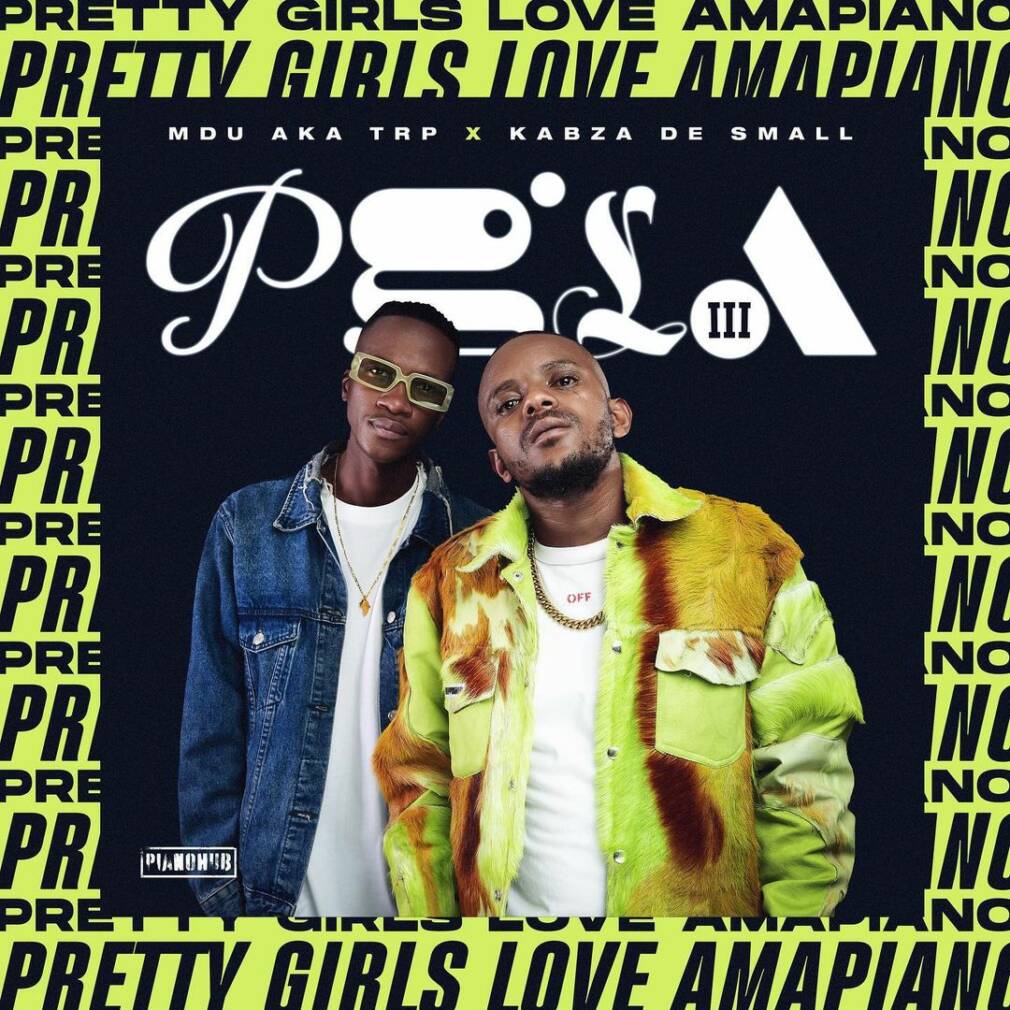
Pretty Girls Love Amapiano 3
Kabza De Small, MDU aka TRP
If what MDU aka TRP and Kabza De Small say is true i.e. “Pretty Girls Love Amapiano”, pretty girls are also insatiable. The 3rd volume of Kabza’s amapiano series hosts 50 tracks and lasts 5 hours and 51 minutes. If not for the highly capable productions of MDU and Kabza, this project deserves a shoutout for its sheer volume. It’s as if they’re saying, “not to worry, the amapiano well is far from empty”. Listen to it during a day at the office, or put it on during happy hour, better yet, see it live in-concert or at a club and get down to the irresistible swing of the shakers. Its length implies a certain metamorphic ability of the genre. Perhaps the crowning achievement of “ambient music” with one step further, not only can it blend into any environment, but it can also take center stage and move a mass of people with ease. If you’re not ready to eat 5 hours of amapiano for dinner, check out “Dlala” with DJ Maphorisa, “Airplane Mode”, “Samba” or “Burning Bridges”. There are some cheeky looks like “Squid Game” (although not quite sure of the reference after listening) and “51 Issa Lot” (no kidding) that the album has fun with. Although I like to see the album as a challenge, a sort of ultimate flex that asks, “who else can drop 50 tracks as a side project?” I can’t answer that. —Christian Askin
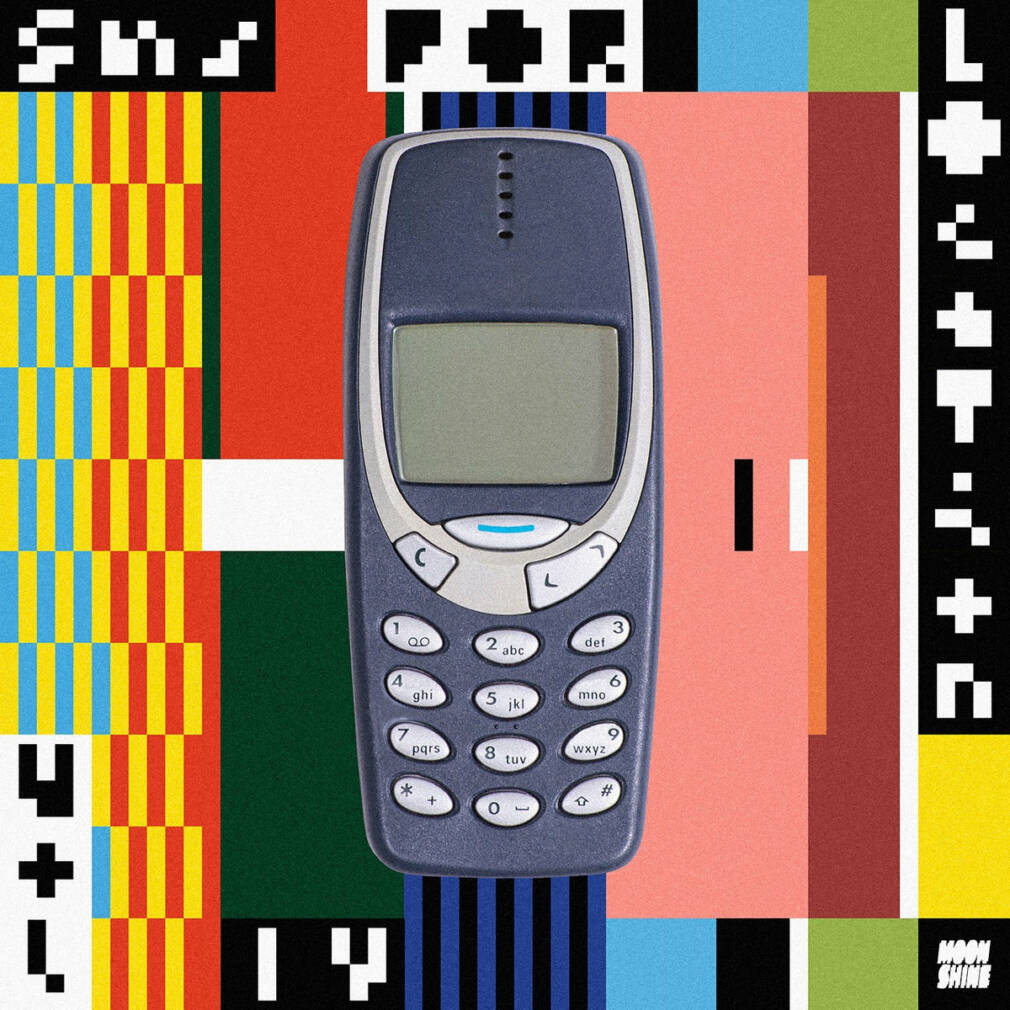
SMS for Location, Vol. 4
Moonshine
The Montreal collective, always at the forefront of the best of Afro-electronic music from the continent and its diaspora, was back this year with their iconic compilation series SMS For Location. With this fourth volume, the team led by the inimitable Pierre Kwenders redefines its ambitions and asserts itself as a springboard for artists who make the vitality of the underground Afro-club scene. Throughout these 19 tracks and its twenty or so guests, the project gives pride of place to a young guard of fierce producers: Vanyfox, Banga, Deekapz, Bamao Yendé, and international stars who let express the extent of their talent: Sango, Georgia Anne Muldrow, Boddi Satvah and Florentino among others. In the same positive, multi-disciplinary and borderless state of mind that drives Moonshine since its inception in 2014, this fourth volume allows us to take the pulse of what shakes the hottest parties from Kinshasa to São Paulo, through Paris or Lisbon. —Simon Da Silva

Sounds of Pamoja
VA (Nyege Nyege)
Tanzania is a young country: almost half of its population is under 15 years old. Singeli, the breakneck dance strain that’s quickly moved from Dar es Salaam throughout the world,is no exception. Duke started making music at the age of 13, and by the time he was 18, he had opened Pamoja Records. Sounds of Pamoja, released on Nyge Nyege, showcases the wide variety of MCs under the umbrella of the structure, with production mainly handled by the young Tanzanian producer. The music is fresh and unpredictable, switching beats every few bars and rattling through hyper-local dance styles with jagged, joyful ease. The many MCs (Pirato MC, 20, Dogo Kibo, 19, MC Kuke, 20, Dogo Lizzy, MC Dinho, MC Kidene and MCZO) also contribute in taking the project to the next level, capitalising on the vitality of the Dar es Salaam music scene by trading verses, changing flows and keeping up with Duke’s fast-paced productions. MC Kono’s performance on the track “Il Jini Song Wapi” is a perfect example of the hyper-dynamic and exuberant youth Sounds of Pamoja showcases. —Nils Bourdin

Tapes of Utopia (Mixtape)
Onipa
The collective Onipa, understood as “human” in some languages of the Akan group, gratified us in 2021 with a detonating retro-futurist mixtape, delivered during the first lockdown in the United Kingdom. Kweku of Ghana (K.O.G for friends) and his comrade Tom Excell are back with 10 terribly groovy tracks: starting with the first one, “Chicken No Dey Fly”, a dangerous afrobeat tune imbued by the beat of the late Tony Allen, able to integrate all sorts of influences (hip-hop, dub, trip-hop), just like the jazz from which he drew inspiration . A great party which travels across the continent, and combines traditional songs and rhythms with futuristic arrangements, bringing together the dust ball and the club. Tapes of Utopia, which invites Onipa’s extended family – M3Nsa (Fokn Bois) or Franz Von (K.O.G), is a magnificent and joyful laboratory where Afro music of the future is created, intelligently rooted in the past (listen to “Future” or “Tami” and its saturated Ikembes). A journey that does not fear to venture to Zimbabwe, with a successful tribute to Oliver Tuku Mtukudzi. An experimental mixtape, made to last. —Vladimir Cagnolari
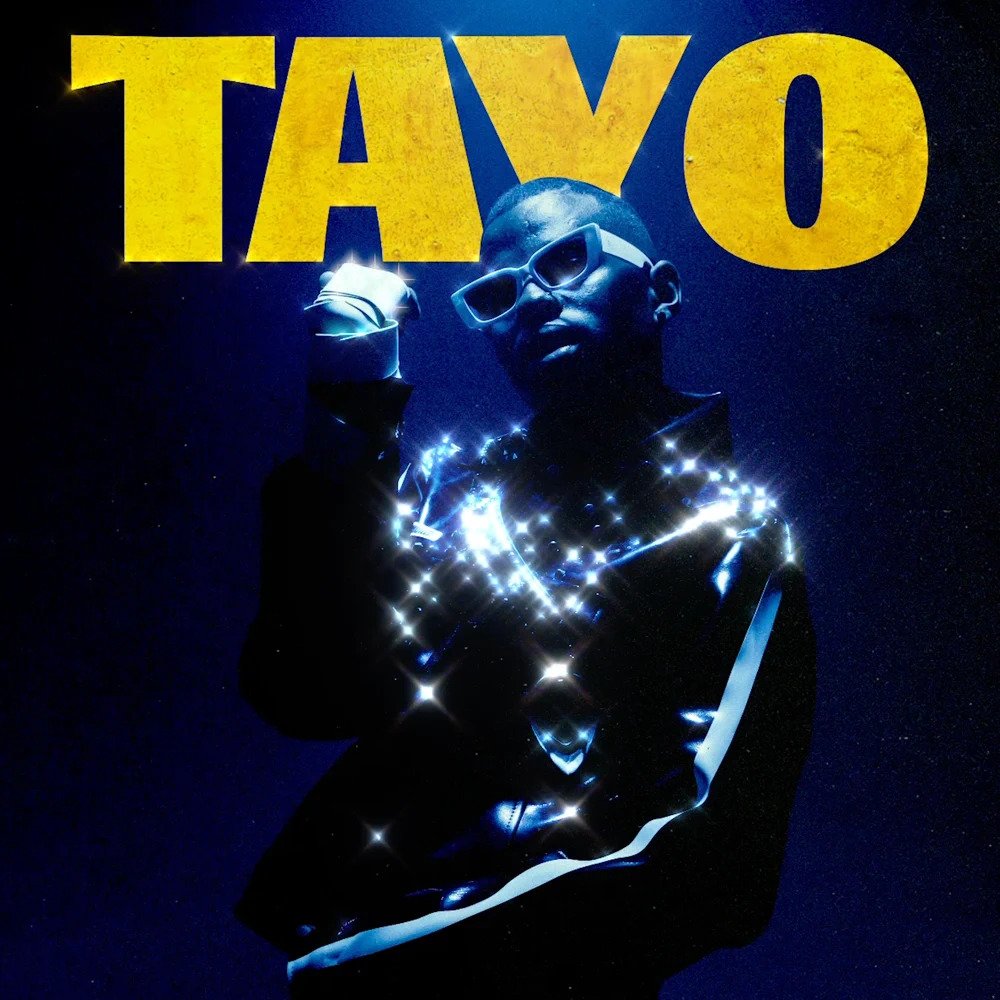
TAYO
Musa Keys
Musa Keys aka Tsonga Michael Jackson is a chart topping amapiano producer and singer. With a taste for fashion and an ear for the catchiest amapiano swing, Musa Keys brings it all together for a holistic and complete sophomore album on TAYO. Opener “Selema (Po Po)” feat. Loui is soulful and private school and by the end of the 8 track album on “Uy’Bambe” with Moonchild Sanelly we’ve reached the darker side of amapiano that shakes clubs to the ground. Another highlight midway through the project is “Vula Mlomo” with Musa Keys, Sir Trill, and Nobantu Vilakazi, a radio edit version of the super-massive single that lead up to the album’s release. The track is freewheeling, groovy, and has plenty of bottom. TAYO feels like an epic studio get-together of the voices in amapiano and no more so than on “Ke Shushu” featuring Babalwa M, Aymos, Soa Matrix, Kelvin Momo, and Mas Musiq (a nice thesaurus for anyone looking into Musa Key’s counterparts). Musa told Drum Magazine back in September, “The best kind of music is music that is created in genuine good vibes and energy. If everyone’s energy doesn’t connect in studio, the song will feel forced. I don’t plan how I am going to do the songs, it flows naturally. Amapiano chose me before I started making amapiano, I was producing trap music.” —Christian Askin

Teenage Dreams
Native Soul
In South African slang, “ma2000” is a term used to describe young people who were born after the year 2000 and therefore never experienced apartheid at any point in their lives. The two producers who make up the Pretoria-based duo Native Soul would be considered “ma2000” in common parlance: Kgothatso Tshabalala is 19 years old and Zakhele Mhlanga (DJ Zakes) is 18. Their debut album, Teenage Dreams, released by Awesome Tapes From Africa, is nevertheless a project full of maturity. It presents a youthful, electronic and experimental sound, while the arrangements and the project’s composite parts display skill beyond their respective ages. The layers add to the emotion and take the project beyond just a dance project, but one that shows what depth can be gained when ability meets creativity. The two producers lead us between different atmospheres, exploring the agitated “The Journey,” the powerful amapiano piece “Teenage Dreams” or “Dead Sangoma,” which makes a discernible nod to the percussive rhythms of Afrohouse. The album globally embodies the duo’s South African music heritage by drawing on old school kwaito, trip-hop and even globalised house (the aptly named “United As One” carries a tinge of Moloko’s “Sing It Back,” which became an anthemic track in South Africa). —Nils Bourdin
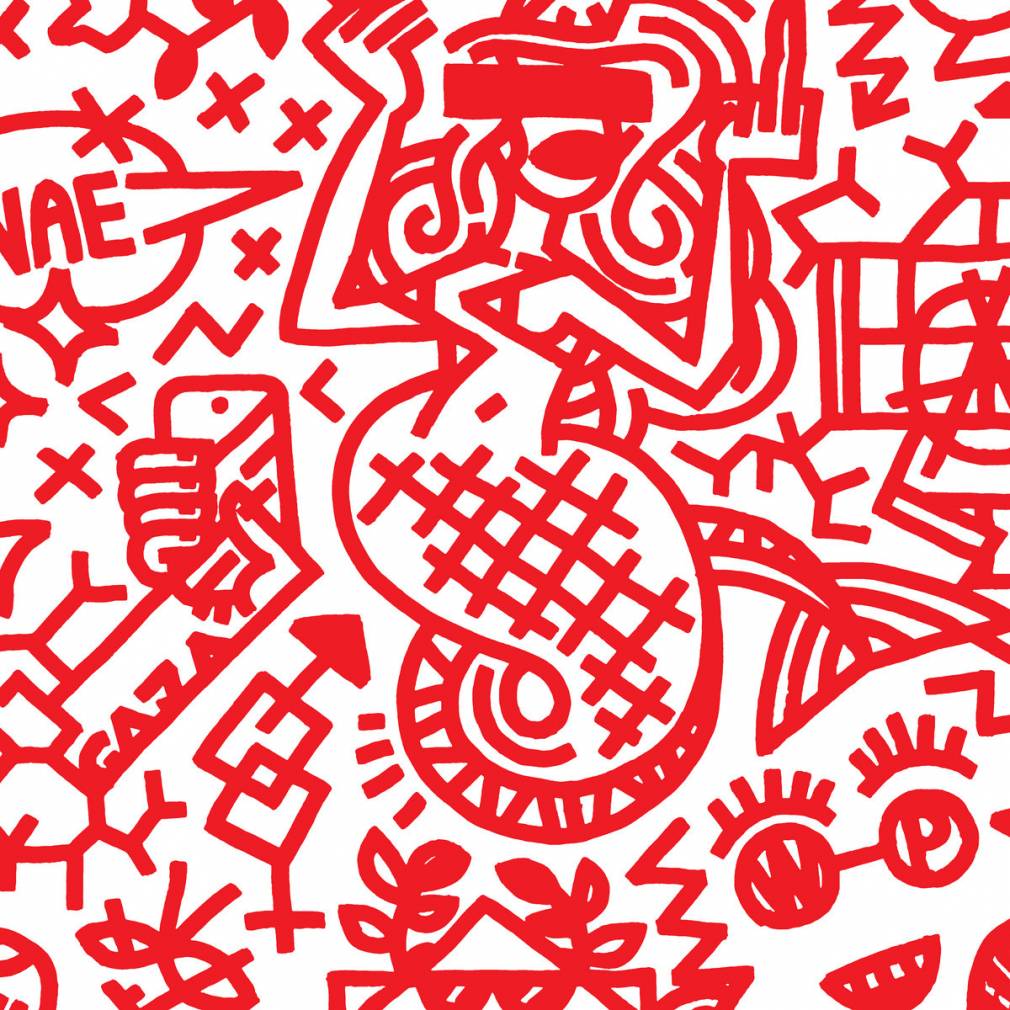
Tewari
Scotch Rolex
“I like bass,” Scotch Rolex told me when we first met, “psycho bass”. I couldn’t help but laugh and admire the perfect description Scotch gave of his own music. Shigeru Ishihara aka Scotch Rolex is a japanese producer who’s been melting minds with acidic musical slop for years. Now signed to Hakuna Kulala after an unexpected rendez-vous with the Nyege Nyege crew (and a new baptism with the Ugandan street-food which bears his name) Scotch Rolex is deep into the new wave of East African electronic underground. Scotch’s psycho-bass is fearless, inviting the screams of Lord Spikeheart, half of Kenyan hardcore metal group Duma, the machine-gun raps of MC Yallah, the multi-dimensional Don Zilla, Congolese MC Chrisman, and Kampala based Swordman Kitala. Tewari can be as shamanistic as it is terrifyingly aggressive, making for a hard gut-punch and brain blender that’s only for the wicked. Drop into “U.T.B. 88” for a percussive peak, the opener “Omuzira” for a collaborative highlight, or “Afro Samurai” to imagine what two madmen (term of endearment) from across the world can cook up together after digging into their respective heritages. —Christian Askin
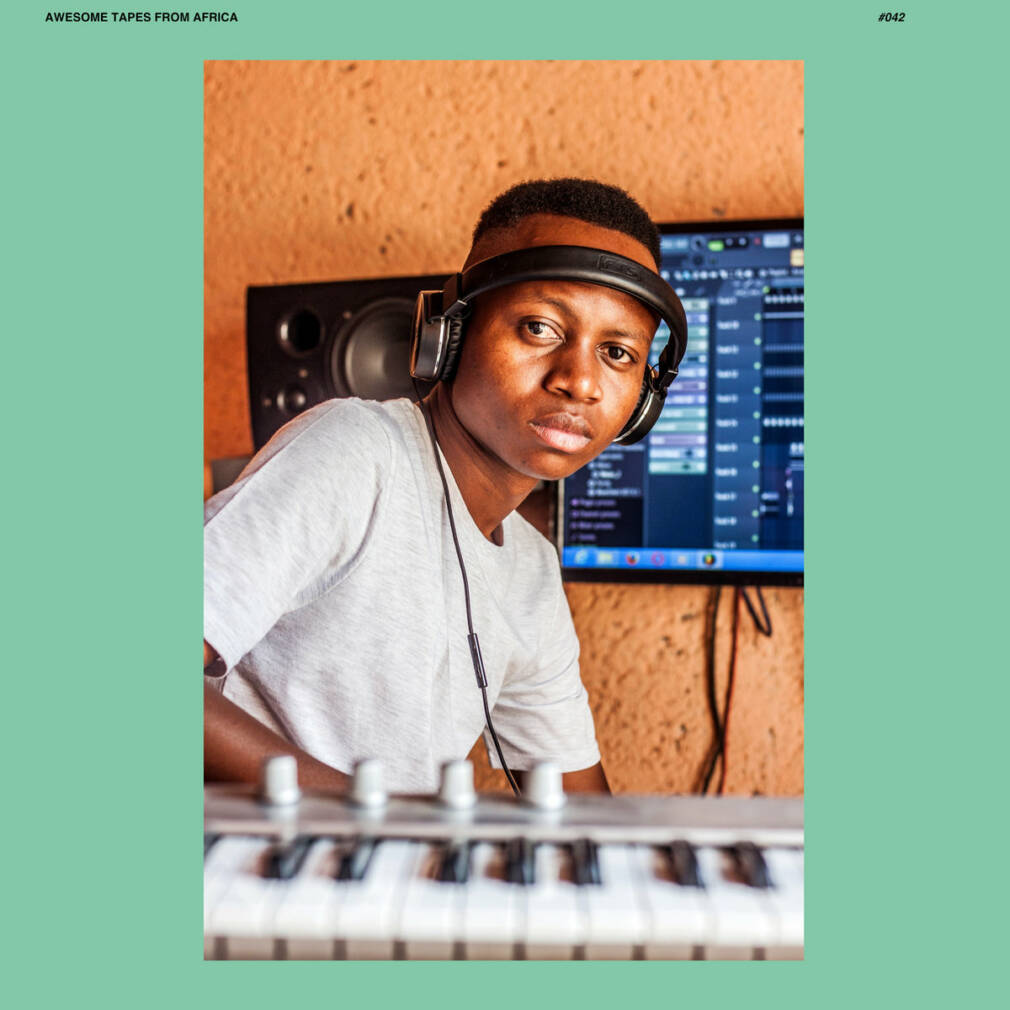
Uwami
DJ Black Low
From his home studio in Pretoria, DJ Black Low interprets amapiano in his own way on Fruity Loops, with the ardor of a young, multi-instrumentalist producer for his debut on Awesome Tapes From Africa. Even if the success of Kabza de Small – originating from the same city of Hammanskraal – inspires him on a daily basis, Sam Austin Audebe doesn’t seek to imitate his idol. Raw and direct in his ideas, DJ Black Low presents a more underground, DIY sound signature based on distorted samples and synths. Surrounding himself with guests such as DJ La Bengwa and DJ Saxo Boy, then with some vocalists who sing in different South African languages such as SePedi, Setswana and isiZulu, the debut is exciting and dizzying in the space it covers. There are dancefloor surefires like “Jaiva Low” featuring Hapas Music, DJ KS, and Patna, dark detours in “Emcimbinii” with TapSoul, Licy J, and Eto, and futuristic kwaito on “9 days feat. DJ Saxo Boy”. The project inspires for its creative choice of synths, fearless experimentation, and ability to build a new amapiano universe that’s totally identifiable as that of DJ Black Low. —Christian Askin
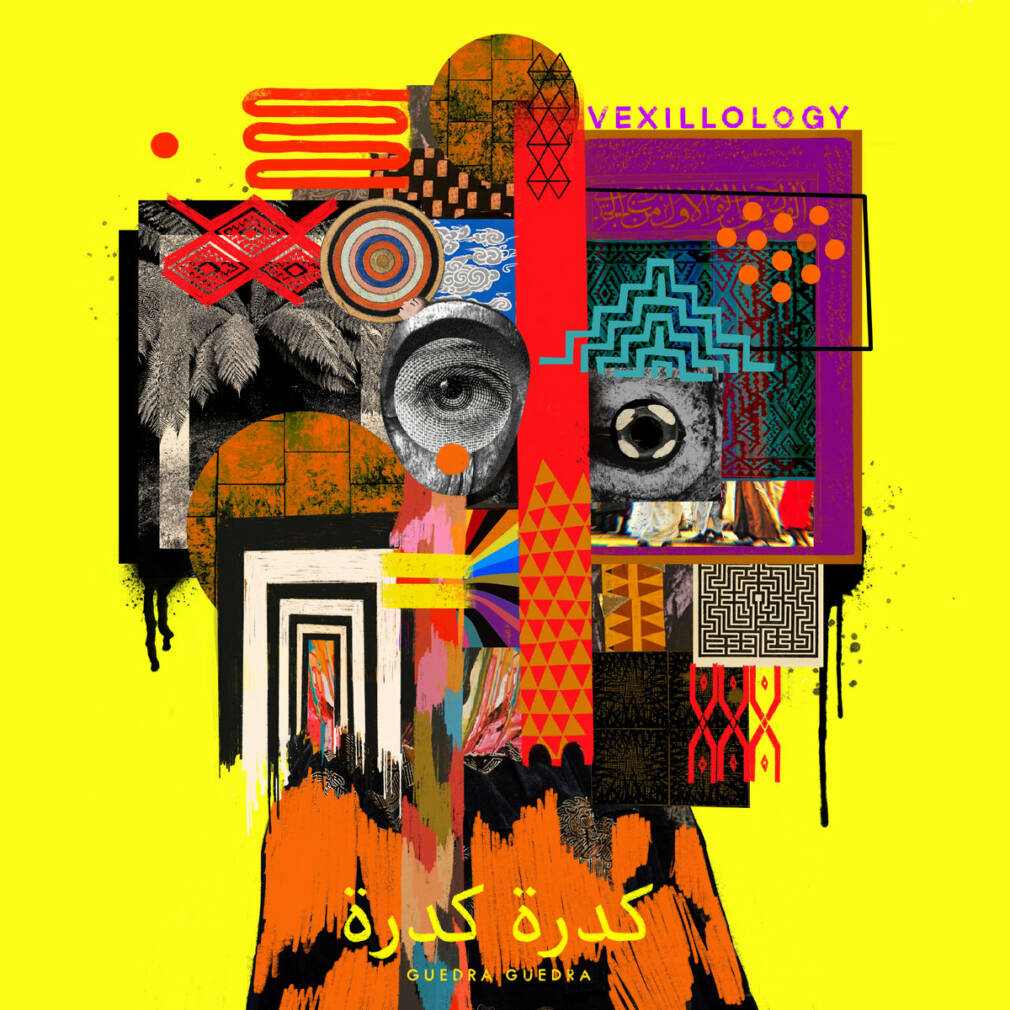
Vexillology
Guedra Guedra
Guedra Guedra’s Vexillology is the logical follow up to his Son of Sun EP, sending tribal traditions even further into the world of clubbing. The Moroccan producer puts life into his organic bass music, blending desert songs, sounds of nature and traditional percussion recorded live at the source, convinced that no studio recording can compete with the practice of field recording. The beatmaker has harnessed the energy of the Atlas Mountains where the Zayan people – to whom he pays tribute by wearing traditional masks – continue to keep the practice of Ahidous alive. Through the prism of ancestral practices, Guedra imagines a utopian equality between societies that are currently separated by irrationally drawn borders, trying to bring the people of northern and sub-Saharan Africa – who have so much in common – together on the dancefloor. —François Renoncourt



